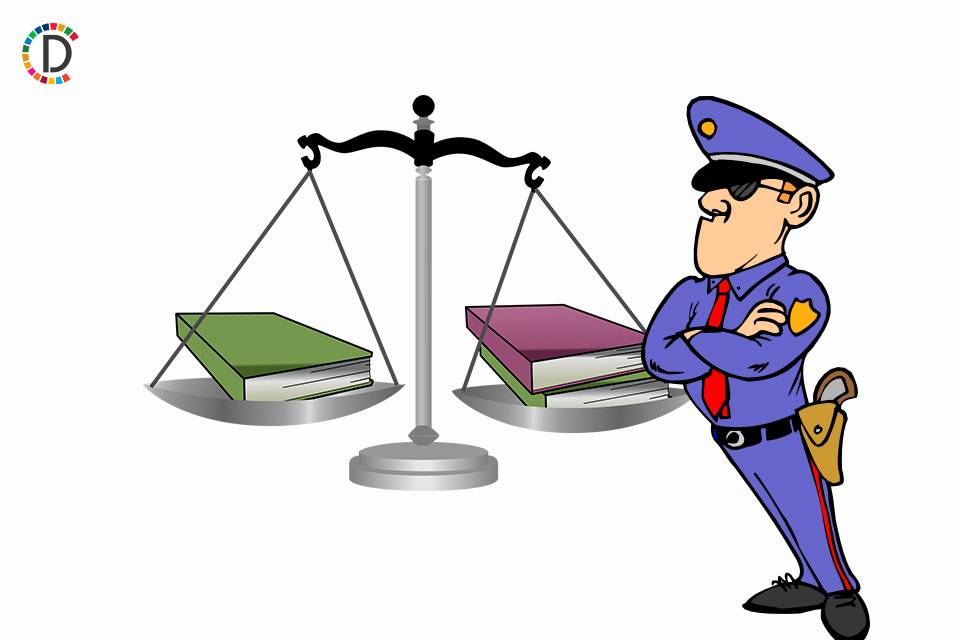Israel intensifies strikes across Gaza, orders new evacuations in north
Elsewhere in the enclave, shelling hit the east of the main southern city Khan Younis a day after tanks raided the area, and in the central district four bodies were recovered from a house hit overnight in the Al-Nusseirat refugee camp. The Israeli army said rockets launched overnight into Israel had come from northern Gaza.

Israeli strikes intensified across Gaza on Tuesday in some of the heaviest shelling in weeks, residents said, as the army ordered fresh evacuations in the north of the strip, warning civilians they were in a "dangerous combat zone". Strikes by air and shelling from tanks on the ground were also reported in central and southern areas in what residents said were almost non-stop bombardments.
In a post on social media platform X, Israeli army spokesman Avichay Adraee urged residents of four zones in northern Beit Lahiya to move to shelter in two designated areas. He said the military "will work with extreme force against terrorist infrastructure and subversive elements" in the region.
The renewed shelling and bombing of northern Gaza comes almost four months after the Israeli army announced it was drawing down its troops there, saying Hamas no longer controlled those areas. This month, Israel also drew down most of its forces in southern Gaza. But efforts to reach a ceasefire have failed, and Israeli bombardment and raids on territory where its troops have withdrawn are making it difficult for displaced Gazans to return to abandoned homes.
Overnight tanks made a new incursion east of Beit Hanoun on the northern edge of the Gaza Strip, though they did not penetrate far into the city, residents and Hamas media said. Gunfire reached some schools causing panic amongst displaced residents sheltering there. Tuesday's bombardment came after incoming rocket alerts sounded in two southern Israeli border towns, although no casualties were reported.
The armed wing of Islamic Jihad, a group allied to Hamas, claimed responsibility for the attacks on Sderot and Nir Am, indicating fighters were still able to launch rockets almost 200 days into the war, which has flattened large swathes of the enclave and displaced almost all of its 2.3 million people. Thick black smoke could be seen rising in northern Gaza from across the southern Israeli border. Shelling was intense east of Beit Hanoun and Jabalia and continued on Tuesday in areas such as Zeitoun, one of Gaza City's oldest suburbs, with residents reporting at least 10 strikes in a matter of seconds along the main road.
'NIGHT OF HORROR' "It was one of those nights of horror that we have lived in at the start of the war. The bombing from tanks and planes didn't stop," said Um Mohammad, 53, a mother-of-six living 700 metres from Zeitoun.
"I had to gather with my children and my sisters who came to shelter with me in one place and pray for our lives as the house kept shaking," she told Reuters via a chat app. Just west of Beit Hanoun in Beit Lahiya an air strike hit a mosque, killing a boy and injuring several others, while a medic was killed in shelling near the town stadium, medics said.
A separate strike in Beit Lahiya hit a crowd gathering on the coastal road to collect aid dropped from the air. Reuters could not immediately confirm that target, or whether there were casualties there. Elsewhere in the enclave, shelling hit the east of the main southern city
Khan Younis a day after tanks raided the area, and in the central district four bodies were recovered from a house hit overnight in the Al-Nusseirat refugee camp.
The Israeli army said rockets launched overnight into Israel had come from northern Gaza. It had struck rocket launchers and killed several militants, in what it called "targeted and precise" strikes. "Over the past day, IAF fighter jets and additional aircraft struck approximately 25 terror targets throughout the Gaza Strip, including military infrastructure, observation posts, terrorists, launch posts," it said in a statement.
U.N. human rights chief Volker Turk condemned recent strikes on Gaza, saying they had killed mainly women and children. He also reiterated a warning to Israel not to follow through on a planned assault on Rafah on the enclave's southern edge, which could lead to "further atrocity crimes". Israel says Rafah, where more than a million displaced civilians are sheltering on the Egyptian border, is the last bastion of several Hamas battalions.
Israel says it is seeking to eradicate Hamas, which controls the enclave, following an attack by the militant group on Oct. 7 killing 1,200 and taking 253 hostages by Israeli tallies. Palestinian health authorities say more than 34,000 people have been confirmed killed in the seven-month war, with thousands more bodies as yet unrecovered.
In Nasser Hospital, southern Gaza's main health facility, authorities recovered a further 35 bodies in the past day from what they say is one of at least three mass graves found at the site, taking the total found there to 310 in the past week. Palestinians say Israeli troops buried corpses there with bulldozers to cover up crimes. The Israeli military said its troops had dug up some bodies at the site and reburied them after testing to make sure no hostages were among them.
Israel says it was forced to battle inside hospitals because Hamas fighters operated there, which medical staff and Hamas deny.
(This story has not been edited by Devdiscourse staff and is auto-generated from a syndicated feed.)










